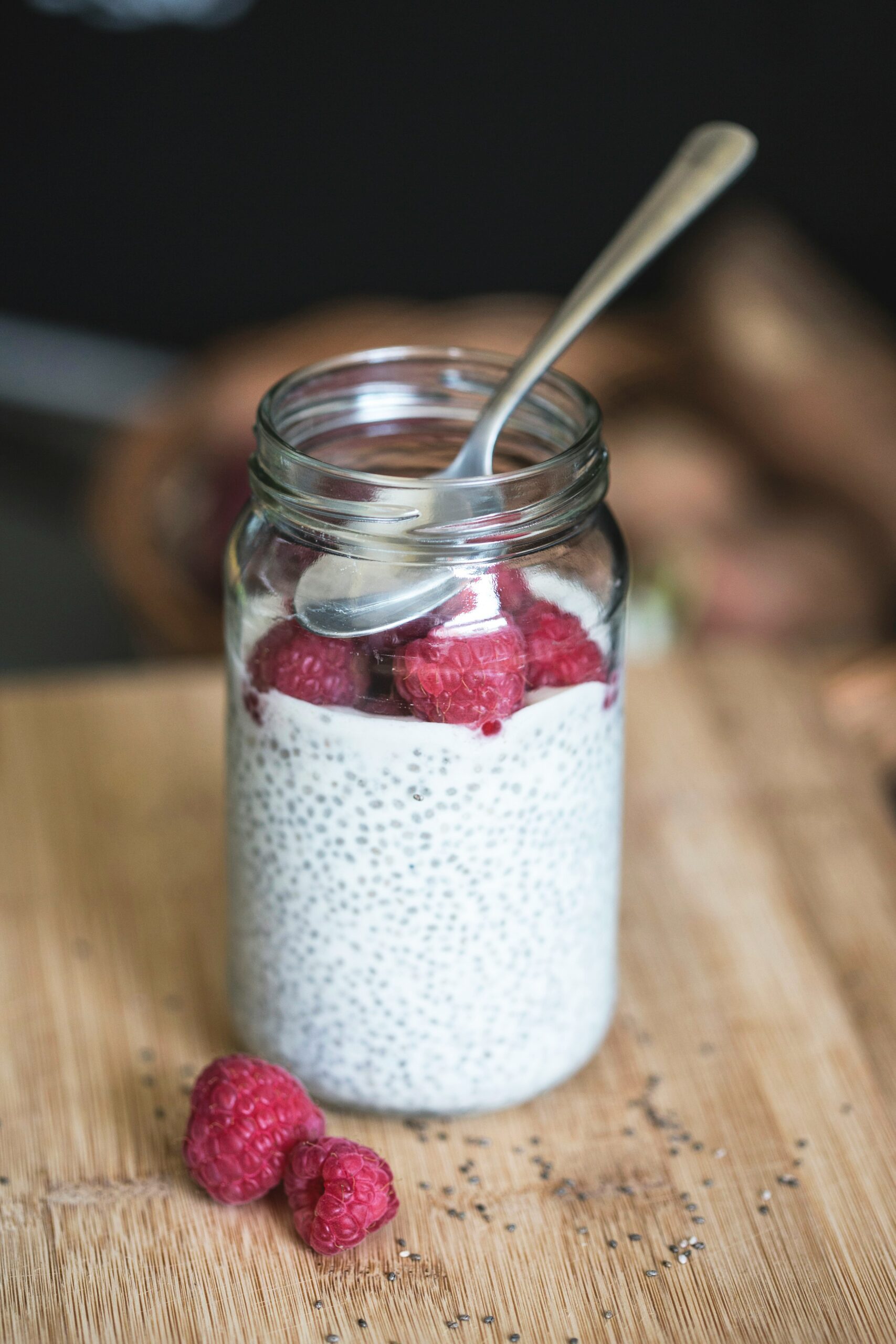

Introduction to Nutrition Myths
Nutrition is a hot topic these days, with countless sources claiming to have the secret recipe for health and wellness. Yet, amidst all this noise, myths persist—some so deeply ingrained that they seem like undeniable truths. Whether it’s about the latest trending diet or an age-old belief passed down through generations, misinformation can lead us astray on our journey to better health.
So how do we sift through the clutter? How do we uncover what’s real and what’s just fiction? This blog aims to shine a light on some of the most common nutrition myths. We’ll explore what science really says about diet and wellness while helping you navigate the complex world of nutrition. Get ready to challenge your beliefs and discover how simple changes in understanding can lead to lasting results!
Common Myths and Misconceptions about Diet and Nutrition
Many people believe that carbohydrates are the enemy. This misconception has lingered for years, despite evidence showing they can be part of a balanced diet. Quality matters more than quantity when choosing carbs.
Another myth is that fat makes you fat. In reality, healthy fats from sources like avocados and nuts can actually promote weight loss and support heart health.
Some think skipping meals helps shed pounds quickly. However, this often backfires by slowing metabolism and leading to overeating later on.
The idea that detox diets cleanse the body is also misleading. Our bodies are already equipped with an efficient system for eliminating toxins.
There’s a belief that all calories are equal. The source of those calories plays a crucial role in how your body processes them and their overall impact on health. Misunderstandings around nutrition run deep; it’s essential to dig deeper into what really counts in our diets.
The Role of Science in Debunking Nutrition Myths
Science serves as our guiding light in the murky waters of nutrition myths. Research studies, clinical trials, and meta-analyses provide evidence that can either support or debunk widely held beliefs about food.
Consider how rigorous scientific methods measure outcomes over time. They reveal truths about what truly benefits our health versus what’s merely a trend. For instance, randomized control trials have shown us that diets are not one-size-fits-all; individual responses to foods can vary dramatically.
Moreover, science encourages skepticism and curiosity. It prompts us to question age-old sayings like “fat makes you fat” or “carbs should be avoided.”
As new research emerges, it shapes guidelines and recommendations while dismissing outdated notions based on anecdotal evidence alone. The interplay between evolving knowledge and public perception keeps the conversation dynamic and ever-changing in the world of nutrition.
Eating After 8 PM Causes Weight Gain
The belief that eating after 8 PM leads to weight gain is widespread, yet it lacks scientific backing. Our bodies don’t have a built-in clock that turns calories into fat at night.
Weight management hinges on total caloric intake and expenditure. If you consume more calories than you burn, regardless of the time, you’ll likely gain weight.
Additionally, nighttime snacks can be part of a balanced diet if chosen wisely. Healthy options like fruits or nuts won’t derail your goals as long as they fit within your overall nutrition plan.
Many people snack late out of boredom or stress rather than hunger. Being mindful about food choices is crucial in these moments.
Instead of fearing late-night meals, focus on quality and quantity throughout the day. Listen to your body’s cues rather than an arbitrary cut-off time for eating.
Supplements are Necessary for a Healthy Diet
The belief that supplements are essential for a healthy diet is widespread. Many people think they can’t get enough nutrients from food alone. This idea often stems from the fast-paced lifestyle we lead and the convenience of processed foods.
However, research shows that whole foods provide a complex array of vitamins, minerals, and other beneficial compounds. Fresh fruits, vegetables, whole grains, and lean proteins offer nutrition in its most bioavailable form.
While supplements can help fill gaps in certain situations—like during pregnancy or specific health conditions—they aren’t one-size-fits-all solutions. Relying on them may also lead to excessive intake of certain nutrients.
Understanding how to balance your plate with real food should be priority number one. The best way to ensure optimal health lies in mindful eating habits rather than quick fixes found in bottles on store shelves.
Tips for Sorting Fact from Fiction in the World of
Navigating the world of nutrition can feel overwhelming, especially with so much conflicting information out there. To help you distinguish fact from fiction, here are some key tips.
Start by consulting credible sources. Look for peer-reviewed studies and articles from reputable health organizations. Websites ending in .gov or .edu often provide reliable information.
Don’t rely solely on social media influencers or anecdotal evidence. Just because something worked for one person doesn’t mean it will work for everyone. Everyone’s body is unique; what suits one individual might not suit another.
Consider talking to a registered dietitian or nutritionist before making significant changes to your diet. Professionals can offer tailored advice based on scientific research and your personal health needs.
Be skeptical of “miracle” diets that promise quick results without effort. Sustainable changes take time, and healthy living is a marathon—not a sprint.
Trust your instincts when it comes to food choices. Listen to your body’s hunger cues and focus on nourishing yourself rather than adhering strictly to trends dictated by others.
By staying informed and critical about nutritional claims, you’ll be better equipped to make decisions that truly benefit your health and well-being.
